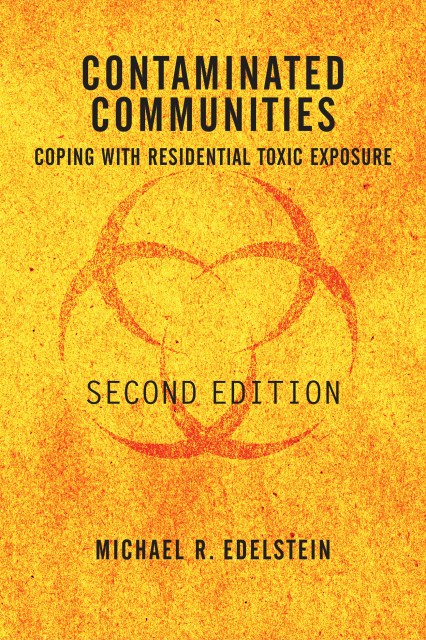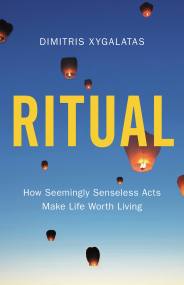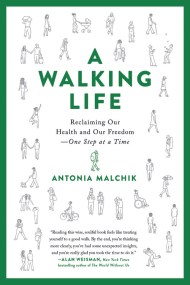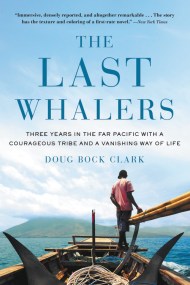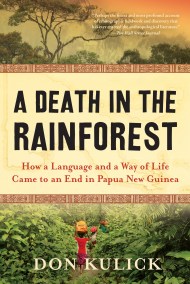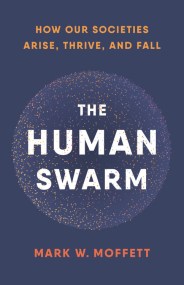Promotion
Free shipping on orders $45+ Shop Now.
Contaminated Communities
Coping With Residential Toxic Exposure, Second Edition
Contributors
Formats and Prices
Price
$52.00Format
Format:
Trade Paperback $52.00This item is a preorder. Your payment method will be charged immediately, and the product is expected to ship on or around August 1, 2003. This date is subject to change due to shipping delays beyond our control.
Also available from:
In this wholly revised Second Edition, Michael Edelstein draws on his thirty years as a community activist to provide a much-expanded theoretical foundation for understanding the psychosocial impacts of toxic contamination. Informed by social psychological theory and an extensive survey of documented cases of toxic exposure, and enlivened by excerpts drawn from more than a thousand interviews with victims, Contaminated Communities presents a candid portrayal of the toxic victim’s experience and the key stages in the course of toxic disaster. The Second Edition introduces dozens of new cases and provides expanded considerations of environmental justice, environmental racism, environmental turbulence, and environmental stigma, as well as a fully articulated theory of “lifescape.” The new edition moves past the well-charted role of reactive environmentalism to explore issues for a proactivist approach that employs a “third path” of social learning, sustainable innovation, consensus building, and community empowerment.
Genre:
- On Sale
- Aug 1, 2003
- Page Count
- 352 pages
- Publisher
- Avalon Publishing
- ISBN-13
- 9780813336473
Newsletter Signup
By clicking ‘Sign Up,’ I acknowledge that I have read and agree to Hachette Book Group’s Privacy Policy and Terms of Use
